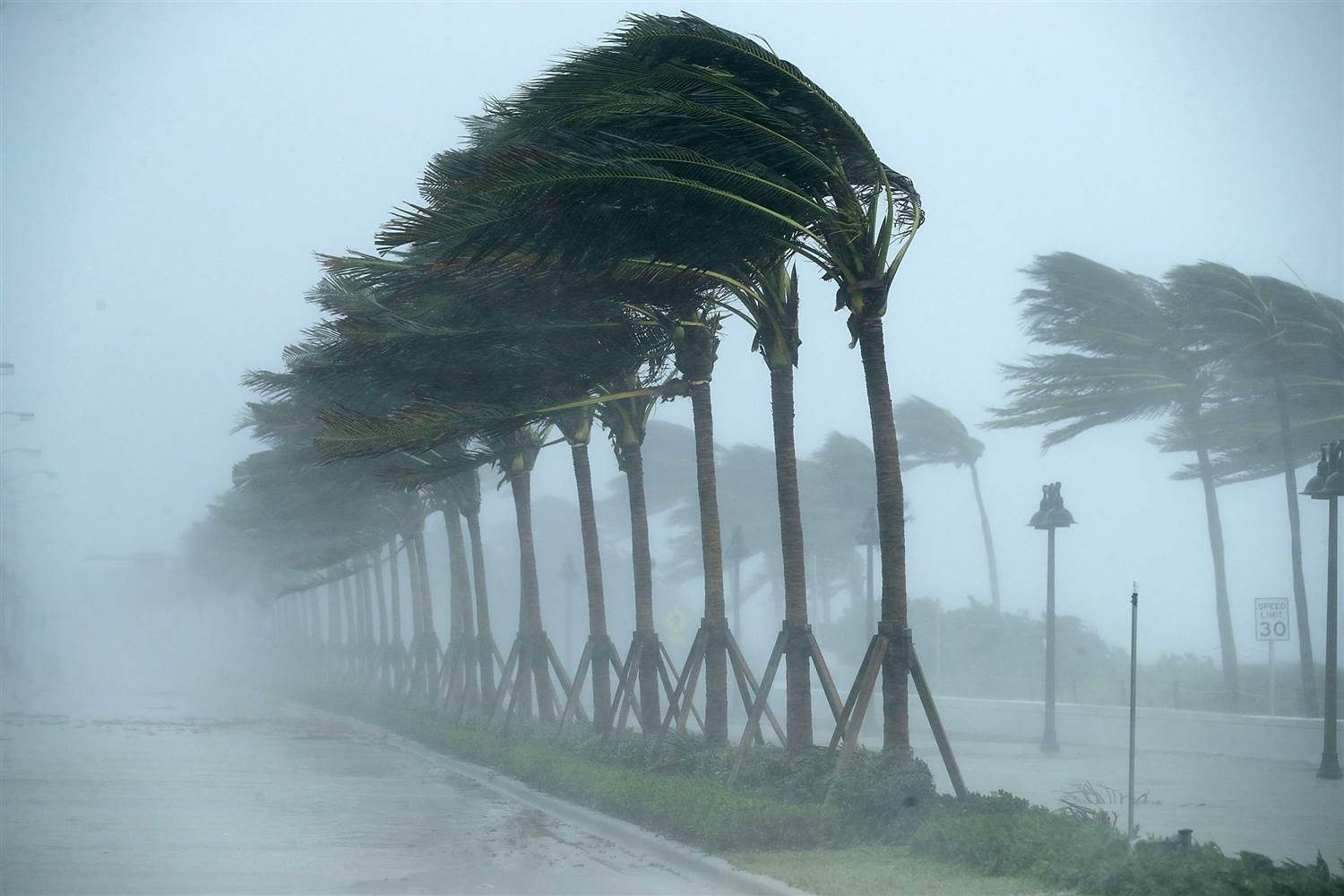Contents:
- Medical Video: Autism and Aspergers: 5 intriguing differences (YOU need to know)
- Autism spectrum disorder in Indonesia
- Get to know the symptoms of autism spectrum disorder early on
- Disruption of social interaction and communication
- Behavior patterns
Medical Video: Autism and Aspergers: 5 intriguing differences (YOU need to know)
Autism spectrum disorder (GSA) or also called autism spectrum disorder (ASD) is a condition that is related to the child's brain development. This condition affects his ability to socialize, communicate, and behave. Learn more about autism spectrum disorder in this article.
Autism spectrum disorder in Indonesia
Autism spectrum disorder is a umbrella term various diseases related to developmental disorders. Conditions included in this spectrum include autism, Asperger's syndrome, Heller syndrome, and pervasive developmental disorders (PPD-NOS).
Quoted from the CNN page, Melly Budhiman, an autism expert and chairman of the Indonesian Autism Foundation said that until now in Indonesia there had never been an official survey regarding the exact number of cases of children with autism spectrum disorder.
Although in Indonesia there is no official data that states the exact number of children with autism, in 2013 the Director of the Ministry of Health's Mental Health Development had estimated the number of children with autism in Indonesia to be around 112 people aged 5 to 19 years. Experts believe that the case continues to increase from year to year. This can be seen from the number of visits in public hospitals, mental hospitals in child development clinics year after year.
Get to know the symptoms of autism spectrum disorder early on
Autism spectrum disorder is a developmental disorder that can begin at an early age. In general, the symptoms can be detected at the early age of child development, that is before reaching three years.
The term "spectrum" in autism spectrum disorders refers to various symptoms and unique severity - from low to high levels. That is, every child who has autism spectrum disorder has different symptoms between one child and another child.
For example, there are some children who have a lower level of intelligence than normal so it is difficult to learn. While some other children also have high intelligence and are able to learn quickly, but have difficulty communicating and applying what they know in everyday life and adjusting to their surroundings.
So, basically the symptoms and severity of autism spectrum disorder tend to vary with each person. However, reported by the Mayo Clinic, the symptoms of autism spectrum disorder can be grouped into two main categories, namely:
Disruption of social interaction and communication
These symptoms can include problems with sensitivity to the social environment and impaired use of verbal and non-verbal languages, for example:
- Does not respond if every time his name is called
- Prefer playing alone
- Don't like eye contact and show a flat facial expression
- Speaking with abnormal tone or rhythm, sometimes he says like a robot
- Repeat words or phrases frequently, but don't understand how to use them
- Difficult to digest simple questions or instructions
- Can not control his own feelings
- Don't like to be hugged or just allowed to be hugged when they want to
- Will not look straight at the object when someone else is pointing towards the object
- Difficulty recognizing non-verbal cues, such as interpreting other people's facial expressions, body posture, or tone of voice
Behavior patterns
Symptoms in the second category include limited and repetitive thoughts, interests, and behaviors, for example:
- Frequent repetitive movements, such as tapping or squeezing your hands, and feeling irritated when the routine is interrupted.
- Do activities that can hurt themselves, such as biting your nails or banging your head.
- Having problems with coordination or having a strange, stiff, or excessive movement pattern such as tiptoeing.
- Have very sensitive senses. For example, for light, sound, or touch. However, children may be less sensitive to pain or temperature changes.
- Children with autism spectrum disorder also tend to have learning problems and other psychiatric conditions, such as hyperactivity disorder or Attention Deficit Hyperactivity Disorder (ADHD), anxiety disorders, and depression.
Call your doctor if you are aware of symptoms of the autism spectrum or developmental disorders in yourself and your child as early as possible. Because, autism spectrum disorder is a condition that cannot be cured.
However, there are various types of treatment and intensive treatment steps that can help children with autism to adjust to daily life, and reach their full potential.












